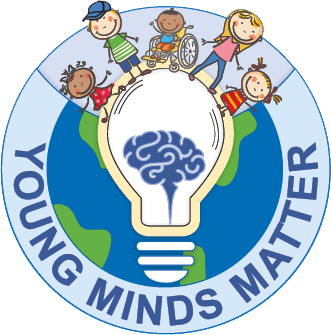People who can help
Friends
We all know that having supportive friends and spending time with them makes us feel good but it sometimes isn’t easy to make and keep friends. Also, bullying can be a huge problem. When someone has been bullied they may struggle to make new friends due to feeling worried that the same thing will happen again. If you need it, get help with building up your confidence. Ask an adult you trust or look at Childline website
Think about how to widen your social network so that you can meet people your age who are similar to you or share interests, for example by joining a club or taking part in a sport.
Family
If you think you need a bit of time to talk with one of your parents let them know that. Ask him or her to make some time for you without interruptions. Parents often feel that they are losing touch with their teenage children and don’t know how to approach them. This doesn’t mean that they don’t care. Don’t worry about upsetting your parents. Most parents will be relieved that you feel able to speak to them.
You might not feel like talking though. If you want to, just let them know that you want to spend a bit of time together without talking about your problems. It is good to do this by planning things that you both like doing. For example:
- watching something on TV
- having a pamper session
- gaming session
- baking.
Sometimes brothers and sisters are great at being a friend and supporter, but sometimes it can be difficult to get along. Again, try to find things that you enjoy that you can do together and make time for this. Or, speak to your parents if you need someone to make sure that things get sorted out fairly.
Teachers
If you can’t talk to anyone at home and you need to talk to an adult, ask to speak to a teacher who you trust. Or you may need to speak to a teacher because of an issue at school such as bullying or problems with your work.
If you’re 11 to 19 years old you can also TEXT your school nurse on 07507 331620. They can help with all kinds of things like:
- mental health
- bullying
- self-harm
- alcohol
- smoking
- sex
- relationships.



